Yorkshire Terriers, known for their distinctive personalities and small stature, require a specialized diet to maintain their health and vitality. This guide will delve into the nutritional needs of Yorkies, providing insights into the best dietary practices for these beloved dogs. From understanding their unique dietary requirements to selecting the right foods, this guide is the ultimate resource for Yorkie owners.
Understanding Yorkie Nutritional Needs
With their small size and energetic nature, Yorkies have specific nutritional needs that differ from larger breeds. They require a diet that supports their fast metabolism, provides adequate energy, and is easy to digest. Key components include high-quality proteins, healthy fats, digestible carbohydrates, and essential vitamins and minerals for overall health.
Our 5 Top Foods for Yorkies
The diets were selected by our founder Justin Palmer, a certified canine nutrition expert, specifically with Yorkies in mind:
The Importance of High-Quality Protein in Yorkies’ Diet
Protein is crucial for Yorkies, supporting muscle health and providing essential amino acids. Look for diets that feature real meat, such as chicken, turkey, or fish, as the primary ingredient. This ensures your Yorkie gets the protein they need to maintain lean muscle mass and a healthy coat.
Balancing Fats and Carbohydrates for Optimal Health
While fats are a necessary part of a Yorkie’s diet, providing energy and supporting cell function, they must be balanced carefully to prevent weight gain. Look for sources of healthy fats like omega-3 and omega-6 fatty acids. Carbohydrates should come from easily digestible sources like brown rice or sweet potatoes, providing energy and dietary fiber.
Special Dietary Considerations for Yorkie Puppies
Yorkie puppies have different dietary needs than adults. They require more calories and nutrients to support their rapid growth and development. Puppy-specific formulas rich in protein and fat can help meet these needs, ensuring your Yorkie puppy grows strong and healthy.
Addressing Yorkies’ Dental Health Through Diet
Dental issues are common in Yorkies due to their small jaws. To help maintain dental health, incorporate dry kibble that promotes chewing and helps reduce plaque and tartar buildup. Dental chews and treats can also be a beneficial part of their oral hygiene routine.
The Role of Fiber in Yorkies’ Digestive Health
Adequate fiber is essential for Yorkies to maintain digestive health. It helps regulate bowel movements and supports a healthy gut. Foods with natural sources of fiber like vegetables and fruits, in moderation, can aid in digestion and prevent issues like constipation.
Meeting the Nutritional Needs of Senior Yorkies
As Yorkies age, their dietary needs change. Senior Yorkies may require lower-calorie diets to maintain a healthy weight, and increased levels of certain nutrients, like glucosamine and chondroitin, to support joint health. Consulting with a veterinarian can help determine the best diet for your aging Yorkie.
Avoiding Common Food Allergens in Yorkies’ Diets
Yorkies can be prone to food allergies or sensitivities. Common allergens include corn, wheat, and soy. Opt for hypoallergenic or grain-free diets if your Yorkie shows signs of food sensitivities, such as itching, gastrointestinal upset, or poor coat condition.
Supplements and Additives for Yorkies’ Optimal Health
While a well-balanced diet should provide most of the necessary nutrients, some Yorkies may benefit from supplements. Omega fatty acids, probiotics, and specific vitamins can be added to their diet to address specific health concerns. Always consult with a veterinarian before adding supplements to your Yorkie’s diet.
Feeding Practices and Portion Control for Yorkies
Overfeeding is a common problem in petite breeds like Yorkies. Proper portion control and regular feeding schedules prevent obesity and related health issues. Measuring food and adhering to recommended feeding guidelines based on your Yorkie’s age, size, and activity level can help maintain optimal health.
Caring for a Yorkie includes understanding their unique dietary requirements. You can ensure your Yorkie enjoys a long, healthy life by providing a balanced diet rich in high-quality ingredients, avoiding common allergens, and monitoring portion sizes. Regular veterinary check-ups and consultations can help tailor the ideal diet to your Yorkie’s specific needs and lifestyle.
What Health Issues Are Yorkies Prone To, and How Can a Proper Diet Help?
Yorkshire Terriers, affectionately known as Yorkies, are a popular breed known for their spirited personality and silky coat. However, like all breeds, they are prone to specific health issues. Understanding these concerns and the role of a proper diet can significantly improve their quality of life. This article delves into common health problems in Yorkies and how a nutritionally balanced diet can help manage or prevent these issues.
Common Health Issues in Yorkies
Despite their small size, Yorkies can be affected by a range of health issues. Some of the most common include dental problems, hypoglycemia, pancreatitis, and joint issues like patellar luxation. Their long, fine coats also predispose them to skin allergies and infections. Understanding these issues is the first step toward ensuring their well-being.
Dental Health and Diet in Yorkies
Dental health is a significant concern in Yorkies. Due to their small mouths, they are more prone to dental overcrowding, leading to plaque build-up and periodontal disease. A diet that includes dry kibble can help reduce plaque. Additionally, specially formulated dental treats and diets can promote oral health by mechanically cleaning the teeth as the Yorkie chews.
Combatting Hypoglycemia with Proper Nutrition
Yorkies are susceptible to hypoglycemia, especially in their puppy stage. Low blood sugar levels characterize this condition and can lead to weakness, seizures, and in severe cases, death. Feeding small, frequent meals with balanced proportions of proteins, fats, and complex carbohydrates can help maintain stable blood sugar levels.
Preventing Pancreatitis with Diet Choices
Pancreatitis, an inflammation of the pancreas, is another health issue in Yorkies. High-fat diets can increase the risk of this painful condition. Feeding a low-fat, easily digestible diet can help prevent pancreatitis and manage symptoms in dogs with previous episodes.
Joint Health: Diet’s Role in Preventing Patellar Luxation
Patellar luxation, where the kneecap dislocates, is joint in small breeds like Yorkies. While genetics play a significant role, diet can also impact joint health. Diets rich in omega-3 fatty acids, glucosamine, and chondroitin can support joint health and reduce inflammation, potentially decreasing the severity of patellar luxation symptoms.
Skin and Coat Health through Nutrition
Yorkies are known for their beautiful coats, but they can suffer from skin allergies and infections. A diet rich in omega fatty acids, particularly omega-3 and omega-6, can promote a healthy coat and skin. Hypoallergenic diets or those accessible from common allergens like corn, wheat, and soy can benefit Yorkies with skin sensitivities.
Managing Weight to Prevent Health Issues
Obesity can exacerbate many health issues in Yorkies, including joint problems and pancreatitis. Maintaining an ideal weight through a balanced diet and regular exercise is crucial. Portion control, along with a diet low in fats and sugars, can help prevent obesity and its associated health risks.
The Role of Probiotics in Yorkies’ Digestive Health
Digestive issues, though less common, can still affect Yorkies. Probiotics can play a vital role in maintaining gut health. Incorporating probiotics into their diet, either through specially formulated foods or supplements, can promote a healthy digestive system and improve nutrient absorption.
Vitamin and Mineral Supplements for Overall Health
While a balanced diet should provide most of the necessary nutrients, some Yorkies may benefit from additional vitamin and mineral supplements. Supplements like vitamin E for skin health or calcium for strong bones can be beneficial, especially for older dogs or those with specific health concerns.
Customized Diets for Yorkies with Chronic Conditions
For Yorkies with chronic health conditions like liver or kidney disease, a customized diet may be necessary. These diets, often formulated with the help of a veterinarian, can help manage the condition and improve the quality of life. For example, a low-protein diet may be recommended for kidney issues, while a low-sodium diet can benefit heart health.
Conclusion
With their unique charm and personality, Yorkies are a beloved breed, but they have specific health concerns. A proper diet plays a crucial role in preventing and managing these issues. By understanding their nutritional needs and potential health problems, owners can ensure their Yorkies live a long, healthy, and happy life. Regular veterinary check-ups, along with a tailored diet, are the keys to keeping these small but mighty dogs in the best possible health.
Frequently Asked Questions About Feeding Yorkies
1. What is the best type of food for a Yorkie?
The best food for a Yorkie is a high-quality commercial dog food specifically formulated for small breeds. These foods typically contain the right balance of proteins, fats, carbohydrates, and essential vitamins and minerals tailored to a Yorkie’s nutritional needs.
2. How often should I feed my Yorkie?
Yorkies should be fed small, frequent meals to maintain their energy levels and prevent hypoglycemia. Puppies typically require three to four meals daily, while adults do well with two meals.
3. Can Yorkies eat human food?
While some human foods are safe for Yorkies in moderation, it’s important to avoid toxic foods like chocolate, grapes, and onions. Stick to dog-safe fruits and vegetables as treats and avoid overfeeding.
4. Are grain-free diets good for Yorkies?
Grain-free diets can be good for Yorkies, especially if they have grain allergies or sensitivities. However, ensuring the diet is well-balanced and meets all their nutritional needs is essential.
5. How much food should I give my Yorkie?
The amount of food depends on the Yorkie’s age, size, and activity level. Refer to the feeding guidelines on your dog food’s packaging and adjust as necessary, consulting a vet for personalized advice.
6. Is wet food or dry food better for Yorkies?
Both wet and dry foods have benefits. Dry food is good for dental health, while wet food can be more palatable and hydrating. Often, a combination of both is ideal for Yorkies.
7. Can Yorkies eat a vegetarian diet?
While Yorkies can technically survive on a vegetarian diet, meeting their nutritional needs without animal proteins is challenging. If choosing a vegetarian diet, consult a veterinarian to ensure all nutrient requirements are met.
8. What are common food allergies in Yorkies?
Common food allergens for Yorkies include beef, dairy, wheat, and chicken. Symptoms of food allergies can include itching, digestive upset, and poor coat condition.
9. How do I switch my Yorkie to a new food?
Transition your Yorkie to new food gradually over a week. Start by mixing a small amount of the new food with the old, gradually increasing the new food’s proportion to avoid digestive upset.
10. Are there any foods that are dangerous for Yorkies?
Yes, several foods are toxic to Yorkies, including chocolate, grapes, raisins, onions, garlic, xylitol (found in sugar-free foods), and alcohol. These should always be avoided.
11. Do Yorkies need supplements in their diet?
Some Yorkies may benefit from supplements like omega fatty acids, probiotics, or joint-supporting supplements. However, supplements should only be added under veterinary guidance.
12. How can I tell if my Yorkie is overweight?
You should be able to feel your Yorkie’s ribs without a thick layer of fat and see a visible waistline. It may be overweight if your Yorkie appears round or you can’t feel its ribs.
13. Can Yorkies have dairy products?
Yorkies, like many dogs, can be lactose intolerant. Dairy products can lead to digestive upset, so it’s best to avoid them or offer them in very small, infrequent amounts.
14. Should I feed my Yorkie a raw diet?
A raw diet can be fed to Yorkies, but careful planning must ensure it is nutritionally balanced. It’s important to consult a veterinarian or a canine nutritionist when considering a raw diet.
15. What is the best way to store Yorkie food to keep it fresh?
Dry Yorkie food should be stored in a cool, dry place in an airtight container to keep it fresh and prevent spoilage. Wet food should be refrigerated after opening and used within a few days.
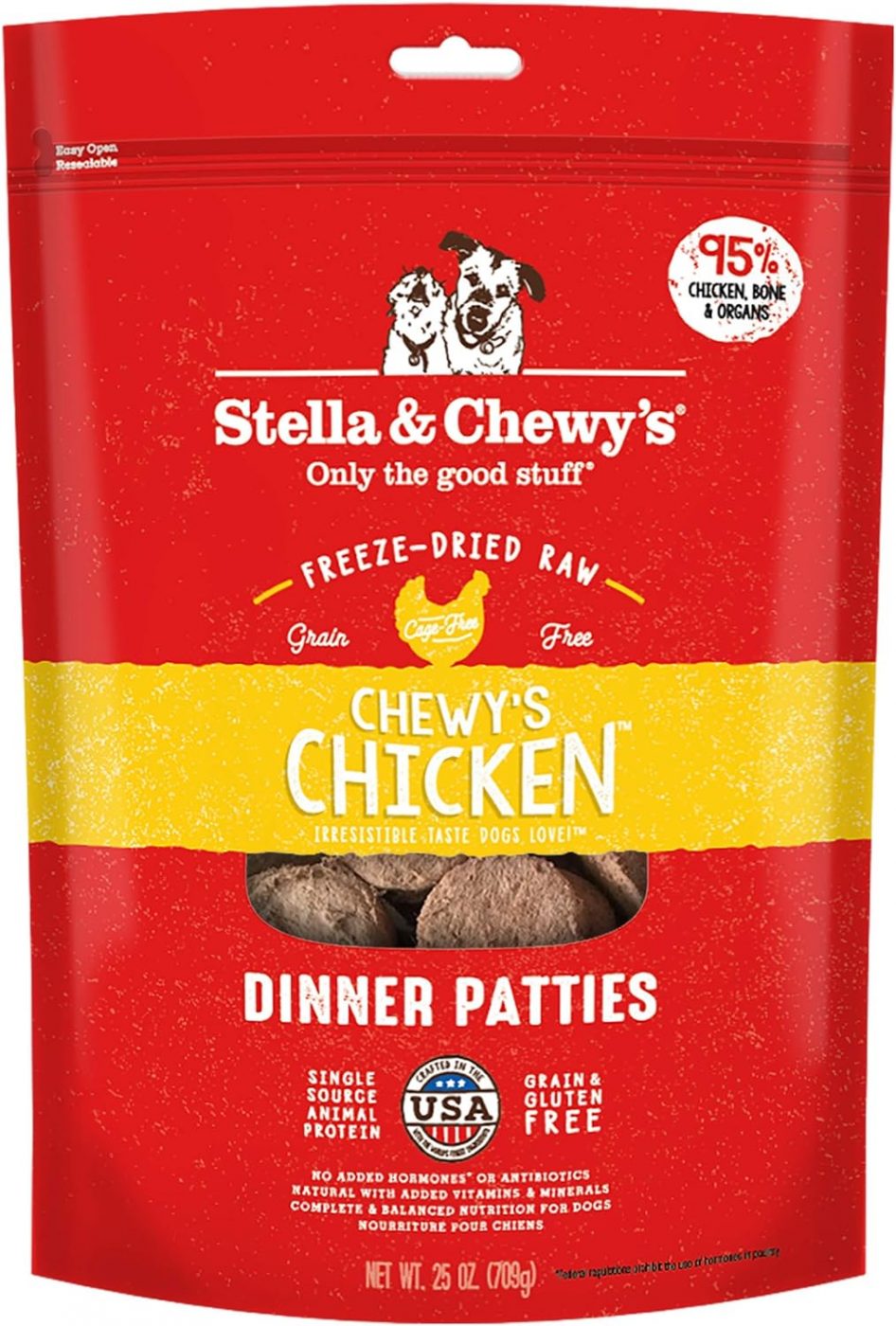
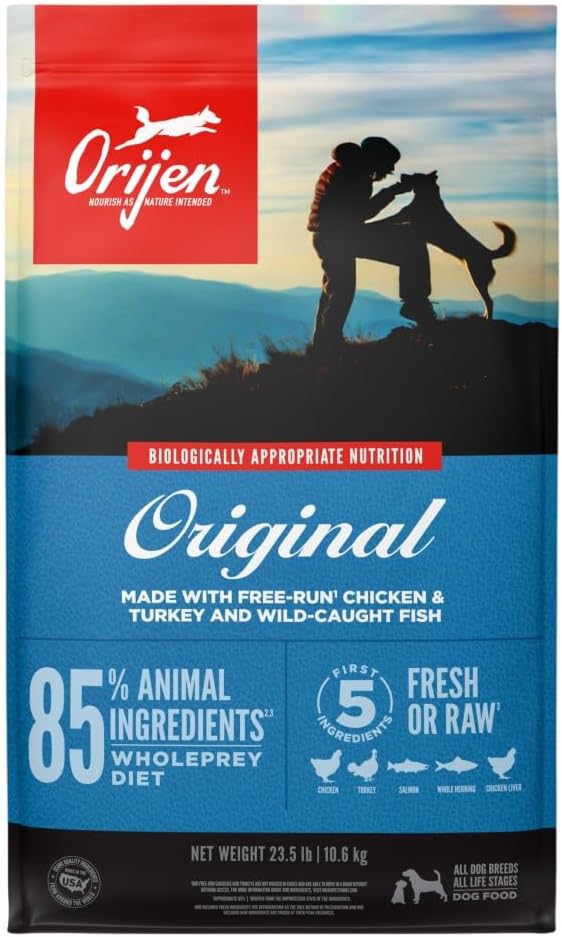
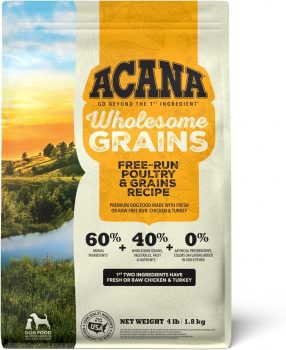
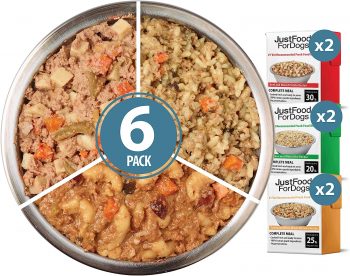
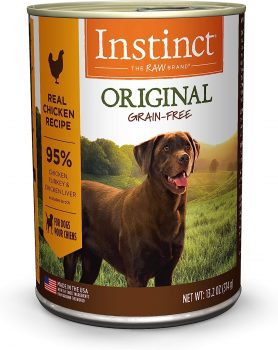

 Toledo, United States.
Toledo, United States.